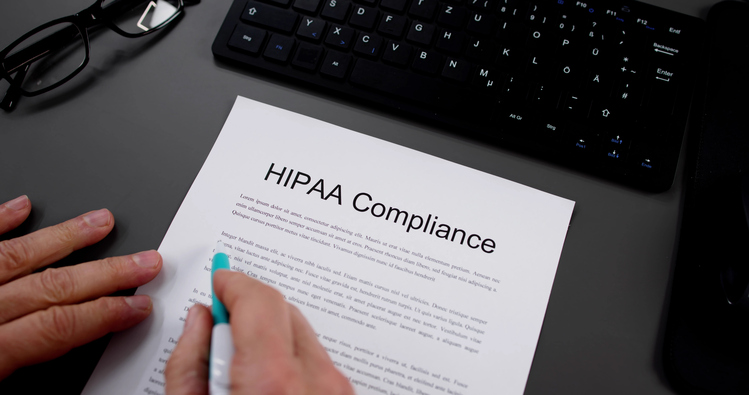At Ernst Law Group, our San Luis Obispo personal injury lawyers take client confidentiality seriously—especially when it comes to sensitive medical information. If you’ve filed or are considering a personal injury claim in California, you may be wondering: Are personal injury lawyers subject to HIPAA? The answer is yes and no, depending on the context.
In this guide, we’ll break down how HIPAA applies (and doesn’t apply) to attorneys, and how your legal team can access medical records without violating privacy laws—while still protecting your rights.

What is HIPAA, and who must comply with it?
The Health Insurance Portability and Accountability Act of 1996 (HIPAA) is a federal law that protects the confidentiality and security of your medical records. It applies primarily to:
- Healthcare providers (e.g., hospitals, doctors, clinics)
- Health plans (e.g., insurance companies)
- Healthcare clearinghouses
- Their business associates (third parties who perform services involving protected health information, or PHI)
HIPAA is codified at 45 C.F.R. § 164.500 et seq.
Attorneys—including personal injury lawyers—are not “covered entities” under HIPAA by default. However, in some cases, lawyers may be considered business associates of a covered entity, depending on the services they provide and how they interact with medical data.
When can a personal injury lawyer access your medical records?
To pursue a personal injury case, your lawyer will need access to your medical records to document:
- The extent of your injuries
- Medical treatment and costs
- Long-term care or rehabilitation needs
- Evidence to support pain and suffering damages
Under HIPAA, a lawyer may access your protected health information (PHI) only with your explicit, written authorization or through a court order or subpoena that complies with HIPAA rules.
HIPAA-compliant authorization
To obtain medical records, your attorney will typically ask you to sign a HIPAA-compliant medical release form. This document allows your legal team to request your records from hospitals, physicians, and other providers without violating privacy laws.
This authorization must include:
- A description of the information to be disclosed
- The name of the person authorized to receive it (your lawyer)
- An expiration date or event
- Your signature and date
Are lawyers business associates under HIPAA?
Sometimes. If a lawyer is working on behalf of a covered entity—for example, defending a hospital in a malpractice case—they may be considered a business associate. In that case, the lawyer must sign a Business Associate Agreement (BAA) and comply with applicable HIPAA standards for safeguarding PHI.
However, when lawyers like those at Ernst Law Group represent injury victims, we are not business associates but rather private legal advocates. We are still bound by California confidentiality laws and ethical rules, including California Business and Professions Code § 6068(e)(1), which mandates that attorneys preserve the confidentiality of all client communications and information.
How California law protects your medical privacy in personal injury cases
California also provides strong protections for medical information under:
- California Civil Code § 56.10 (Confidentiality of Medical Information Act, or CMIA)
- Evidence Code § 1158, which governs the release of records after a written request
Your attorney must follow these laws in addition to HIPAA. Unauthorized disclosure of medical information can lead to penalties for both healthcare providers and anyone who improperly obtains or misuses the data.
Will my medical information be shared in court?
If your case goes to trial, only the medical information relevant to your claim will be disclosed. For example, if you’re suing for a spinal injury from a car accident, your back and neurological treatment records may be introduced—but not unrelated medical history. Your lawyer can file motions in limine to exclude prejudicial or irrelevant records from being presented to the jury.
Protecting your rights and privacy at Ernst Law Group
At Ernst Law Group, we know how to balance the need for strong evidence with your right to medical privacy. We will:
- Request only the records needed for your case
- Use HIPAA-compliant release forms
- Safeguard your data under attorney-client confidentiality
- Push back against unnecessary or overbroad requests for your personal information
If you’ve been injured and want experienced legal help from a team that respects your privacy, contact us today at (805) 541-0300 for a free consultation.


